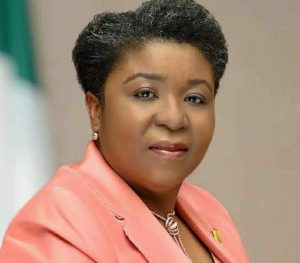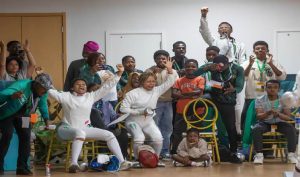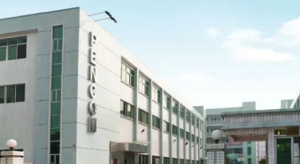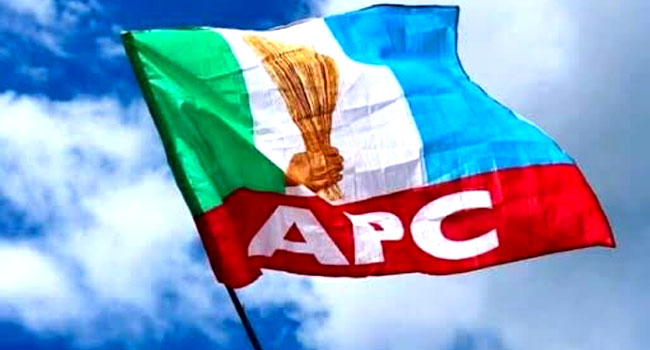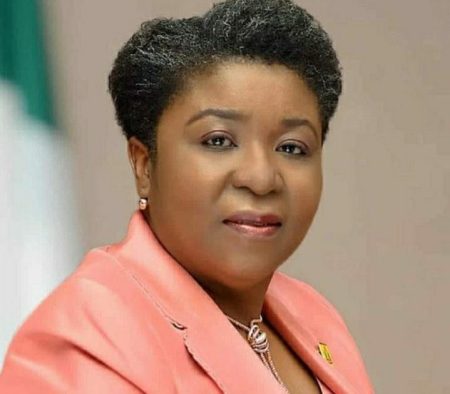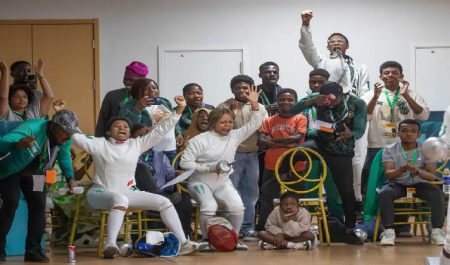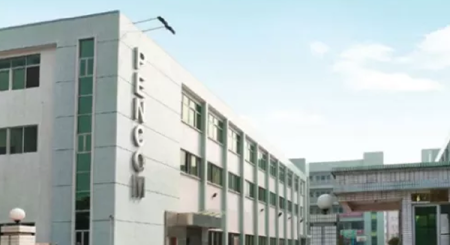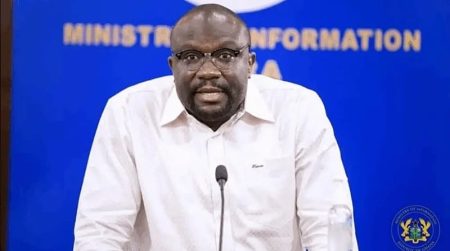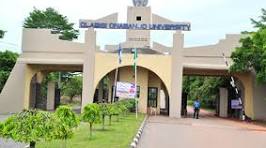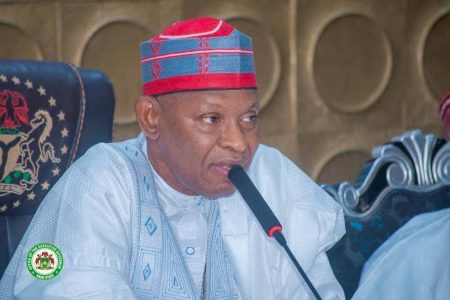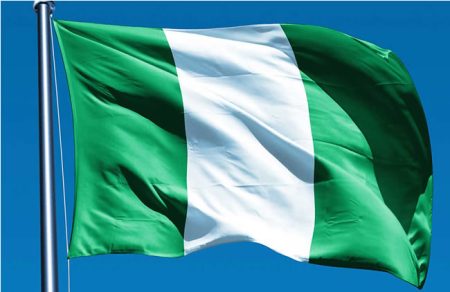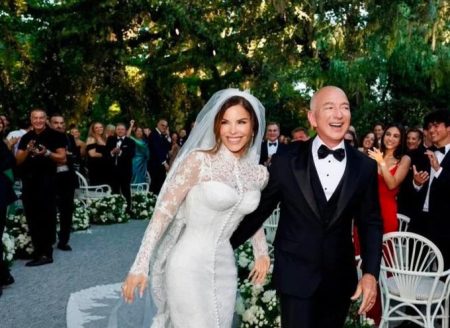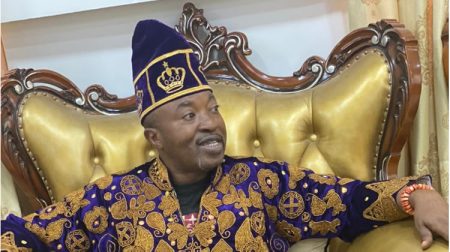The Race for APC Chairmanship: North-Central Stakes Its Claim
The surprise resignation of Umar Ganduje as National Chairman of the All Progressives Congress (APC) has ignited a scramble for control of the ruling party, with the North-Central zone emerging as a prominent contender. Ganduje’s exit, less than three months after his appointment, followed mounting pressure from various stakeholders, particularly those from the North-Central who felt the position rightfully belonged to their region. This sentiment stems from the previous chairmanship of Senator Abdullahi Adamu, also from the North-Central, who resigned earlier in 2023. Ganduje’s appointment was seen by many as a disruption of the established zoning arrangement within the party, further fueling the North-Central’s resolve to reclaim the chairmanship.
The North-Central’s claim is anchored in the APC’s internal zoning formula, which seeks to distribute key party positions across different geopolitical zones for balance and inclusivity. Following Adamu’s resignation, the North-Central believes the natural succession should have remained within the zone. Ganduje’s brief tenure is therefore viewed as an anomaly that needs rectification. This perspective is widely shared across the zone, with party members and leaders from states like Kogi, Benue, and Nasarawa openly advocating for the chairmanship to be returned to their region. Their argument hinges on the principle of fairness and adherence to the party’s established zoning convention.
Within the North-Central zone itself, the competition for the chairmanship is already taking shape. A prominent figure being put forward is former Nasarawa State Governor, Tanko Al-Makura. Endorsed by the APC Forum in Nasarawa State, Al-Makura’s supporters highlight his experience, political stature, and connection to the same state as the previous chairman, Adamu, as key qualifications. The endorsement underscores the strategic maneuvering within the North-Central to present a unified front and maximize their chances of securing the chairmanship. While Al-Makura is a leading contender, other potential candidates from the zone may emerge as the situation evolves.
However, the final decision rests with President Bola Tinubu and the party’s National Working Committee (NWC). While the North-Central’s claim has strong justification based on the zoning arrangement, political considerations and presidential prerogative will likely play a significant role. The acting chairman, Bukar Dalori, from the North-East, will hold the position until December, providing a window for negotiations and lobbying. The NWC must navigate these competing interests and arrive at a decision that balances regional representation, party unity, and the President’s political calculations.
Beyond the North-Central, other zones are also watching the developments with keen interest. While some state chapters have expressed deference to the national leadership’s decision, others subtly advocate for their own interests. In the Northwest, for example, there are calls for the chairmanship to return to their zone should the North-Central not be chosen. This highlights the complex dynamics within the APC, where regional and individual ambitions constantly interplay with broader party objectives. The choice of the next chairman will undoubtedly have significant ramifications for the party’s internal cohesion and its positioning for future elections.
The race for the APC chairmanship is thus a high-stakes political game with implications extending beyond the party itself. The eventual outcome will not only determine who controls the ruling party but also signal the direction of power within the broader political landscape. As different zones and individuals jockey for position, the party leadership faces the delicate task of balancing competing claims, maintaining party unity, and positioning the APC for continued electoral success. The ensuing weeks and months will be crucial as these dynamics unfold, culminating in a decision that will shape the future trajectory of the APC.


